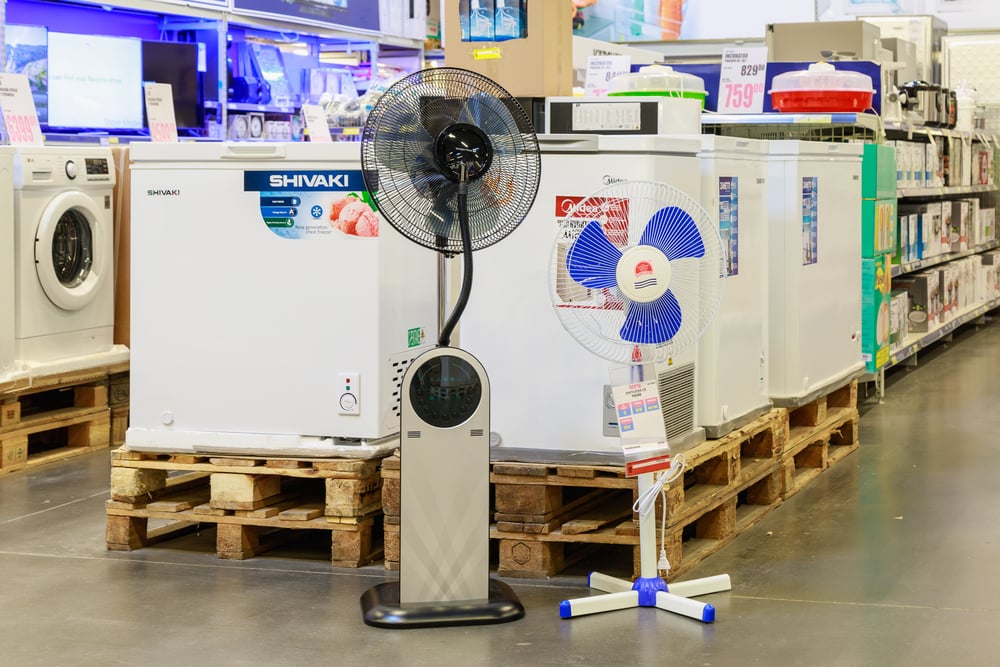When the seasons change, it is a good time to check your HVAC system for problems that may have occurred over the winter or summer months. You’ll want to make sure that your heating and cooling systems are ready for the coming changes and repair your HVAC system if needed. Keeping up with these tasks will increase the lifespan of your heating and cooling system and reduce the need for expensive repairs down the road. When the weather changes, most homeowners are only concerned with adjusting their thermostats.
1- Check the Coil and Investigate New Energy-Efficient Options
If you want to get ready for winter, ensure that the condenser coil is clean before turning on your heating and cooling system. A dirty coil will heat up too quickly and cause your furnace to stop working. On the other hand, if you want to get ready for summer, ensure that the evaporator coil is clean before turning on your heating and cooling system. A dirty coil will not be able to cool down properly. This could lead to freezing of the evaporator coil, which will, in turn, affect your air conditioning unit’s performance and increase the electricity bill.
Also, regardless of whether you have a furnace or heat pump, it’s important to look into new energy-efficient options. A new furnace or heat pump can help reduce your heating bill by 20 percent or more. Heat pumps are different from traditional heating units because they don’t create heat; rather, they move warm air from one place to another — similar to how an air conditioner works in reverse.
2- Safety Check
Make sure you have working carbon monoxide detectors in your house. If you don’t already have them, buy and install some. These detectors can save your family’s lives.
Check the air filters on your furnace or heat pump. If they look dirty, change them. You’ll run more efficiently and save money. Dirty filters also stress the system, which can decrease its life span and lead to more repairs later on.
Check the ducts for loose connections or holes that need to be patched up with metal tape. A small leak can mean a big energy loss. Also, check the thermostat batteries and replace them if needed.
3- Inspection of the Outdoor Condenser Unit and Central Air Conditioning
Do a visual inspection of your outdoor condenser unit. Remove any debris that could cause heat buildup during operation. Trim vegetation away from the unit, clear branches and other debris from the top of the unit, and make sure nothing is blocking the condenser fan from operating properly.
If you have central air conditioning, check that your drain line is clear and free-flowing. Any clogs can cause water damage to walls and floors. If you find a clog, use a wet/dry vacuum to remove it and prevent water damage.
4- Clean Grills, Registers, Vents, and Refrigerant Levels Regularly
Keeping your air ducts clean is essential for maintaining your HVAC system and preventing health problems caused by mold, dust, and pollen in the home. Use a vacuum cleaner with a hose attachment to clean vents and grills; use a long-handled brush or duster to clean floor registers.
Your AC unit’s refrigerant level should be checked by a professional every other year or so as part of regular maintenance. If there’s not enough refrigerant, the AC unit can’t cool the air effectively. If there’s too much refrigerant, it can lead to leaks.



